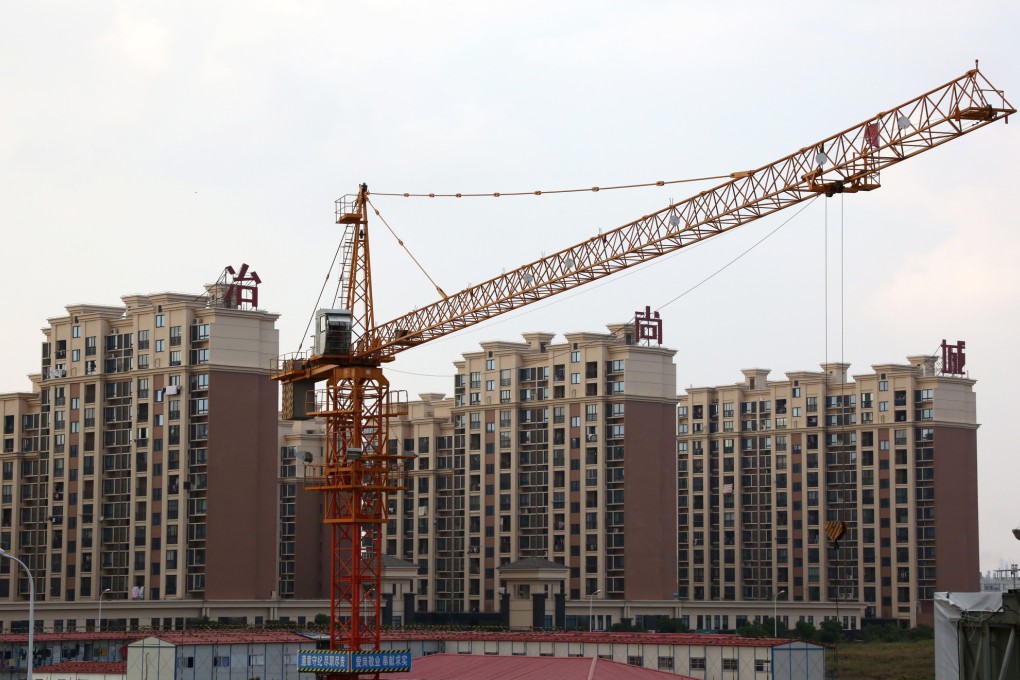Developers facing financing woes in China, warns S&P
Agency says slowing sales, cooling measures and a weaker economy will take their toll this year

A slowdown in sales growth and unabated land acquisitions will put some mainland developers in danger this year as financing gets tighter, global ratings agencies warned this week.
Standard & Poor's expected 5 per cent growth in average sales price and a 10 per cent rise in sales volume for mainland developers this year, down from an increase of 8 per cent and 18 per cent respectively last year, as a weaker economy, local government property tightening measures and an uncertain financing environment take their toll.
"Listed Chinese developers may face a contraction in funding channels and higher funding cost," S&P said in its first of a quarterly series on Chinese property developers.
Mainland developers had reported record contracted sales, got into offshore fundraising and went on a land-buying spree in top-tier cities such as Beijing and Shanghai despite soaring land prices, leading to a rise in leverage in the next 12 months for some developers, it said.
As a result, S&P's ratings on these developers "may face downward pressure as their debt increases may have outpaced property sales growth. Nonetheless, we believe the ratings in the sector will largely remain stable", it said.
Among outstanding bonds due this year, Powerlong Real Estate and Country Garden should be able to either refinance or use cash to pay off debts, but the refinancing of China Properties could face higher uncertainty, although the developer's good asset quality and the controlling shareholder's track record in providing support would alleviate default risk, S&P said.